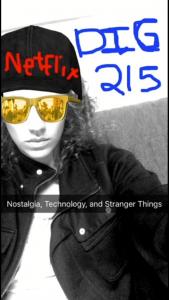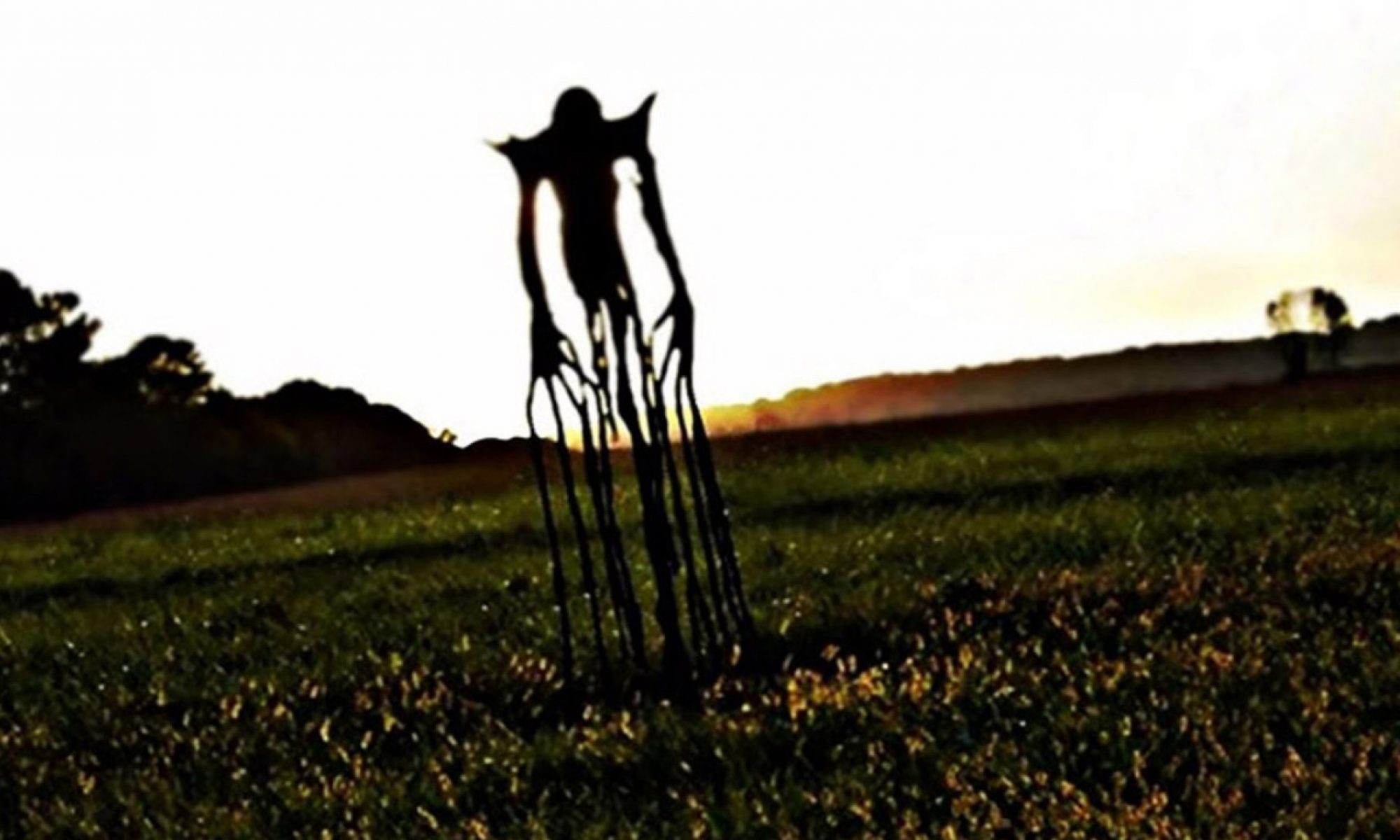Looking back through my past blog posts there were two themes that I seemed to revisit time and time again. The first was privacy and the digital world. The second was what defines us as human.
I tended to look at the idea of privacy in relation to the digital world by inserting myself into situations we read about and attempting to see how I would feel. A Head Full of Ghosts first sparked my thoughts on this issue, and I tied those ideas to an article I had read about a TV show that broadcast a man’s death in the ER without his family’s consent or knowledge. That blog post can be found here. After I considered how I would feel in that situation, I came to the conclusion that this was a particularly cruel thing to do because of loved ones that might see it. I wrote that many of the materials we had looked at thus far in class, “provide examples of how technology has the potential to create digital ghosts, but also how these reminders of the dead can “haunt” living friends and relatives without their consent and in a far more vivid way than was possible prior to recording technology.” I revisited this idea most clearly when I created a digital will for myself and detailed the experience in another post, found here. Here, I came to the conclusion that I didn’t particularly care what happened to my digital possessions unless they would help friends and family grieve. In that case I thought they should have access to them. Finally, I revisited this theme with a blog post on the way the stories of people’s deaths are often used in campaigns without their consent. That post can be found here. Just like in my first post, I put myself into the shoes of the woman who I wrote about and found, “While undoubtedly these campaigns have the potential to make a positive difference in many lives, I can’t imagine I would particularly want details of my private struggles to be used without giving it the ok.”
Since I was little all over the place in these blog posts, I tried to sum up my final thoughts on privacy in the digital age. Personally, I wouldn’t want anything I hadn’t shared with the online world during my life to be shared after my death. Moreover, I was primarily concerned with how the sharing of these things would impact those I loved. While I didn’t realize I had focused on this issue so much in my blogs until after I finished writing it, I also looked at privacy in my final project in relation to how it is portrayed in Station Eleven. By the end of the semester I had settled more firmly on the idea that the extent to which the digital world invades our privacy is not great. I concluded, “Mandel’s treatment of remembering in Station Eleven at least forces us to question if the extent of information provided by the digital age can be just as much a burden as it is a gift in remembering the dead.”
The second issue that I addressed frequently in my blog posts was what makes us human. In my first blog post, found here, I commented that zombies seem to be particularly horrifying because superficially they maintain much of the appearance of their human counterparts. At that point, I had difficulty coming up with a concrete definition of when something stops being human (and in retrospect I never really came up with a detailed definition). I revisited this idea when I looked in depth at an episode Dead Set. That blog post can be found here. I wrote, “While I watched, I felt as though this set the characters up for a rather bleak outcome no matter what: either they died because of their humanity, or in fighting “the other,” they lost what made them better, or at least different, in the first place.” From this, it seems that in part, I define humanity by the ability to empathize. I reiterated this is my second project, where my podcast used an episode of Supernatural in parallel with a Dead Set episode to look further into this idea. In that project I extended my claims further to the idea that, “empathy for the monstrous is what makes us human, though…this is not the easiest path to follow.”
To provide a final conclusion or sorts to these thoughts, I attempted to synthesize what I have learned from the two themes that I addressed the most frequently in class. I’ll be the first to admit it was kind of a stretch. But anyway, here it is: if I choose to define humanity by our potential for empathy, then technology has the ability to increase our humanity via facilitating human connection and understanding (an example of this is in my third project, Pictorial Memorial) or it can threaten it in a number of ways such as the numbing flood of excess information or even the invasion of privacy as I detail in a number of my blogs.
My snapchat project is the only one that didn’t get any love in this post, so here’s a cool selfie from my title page to finish out my digital studies career.

